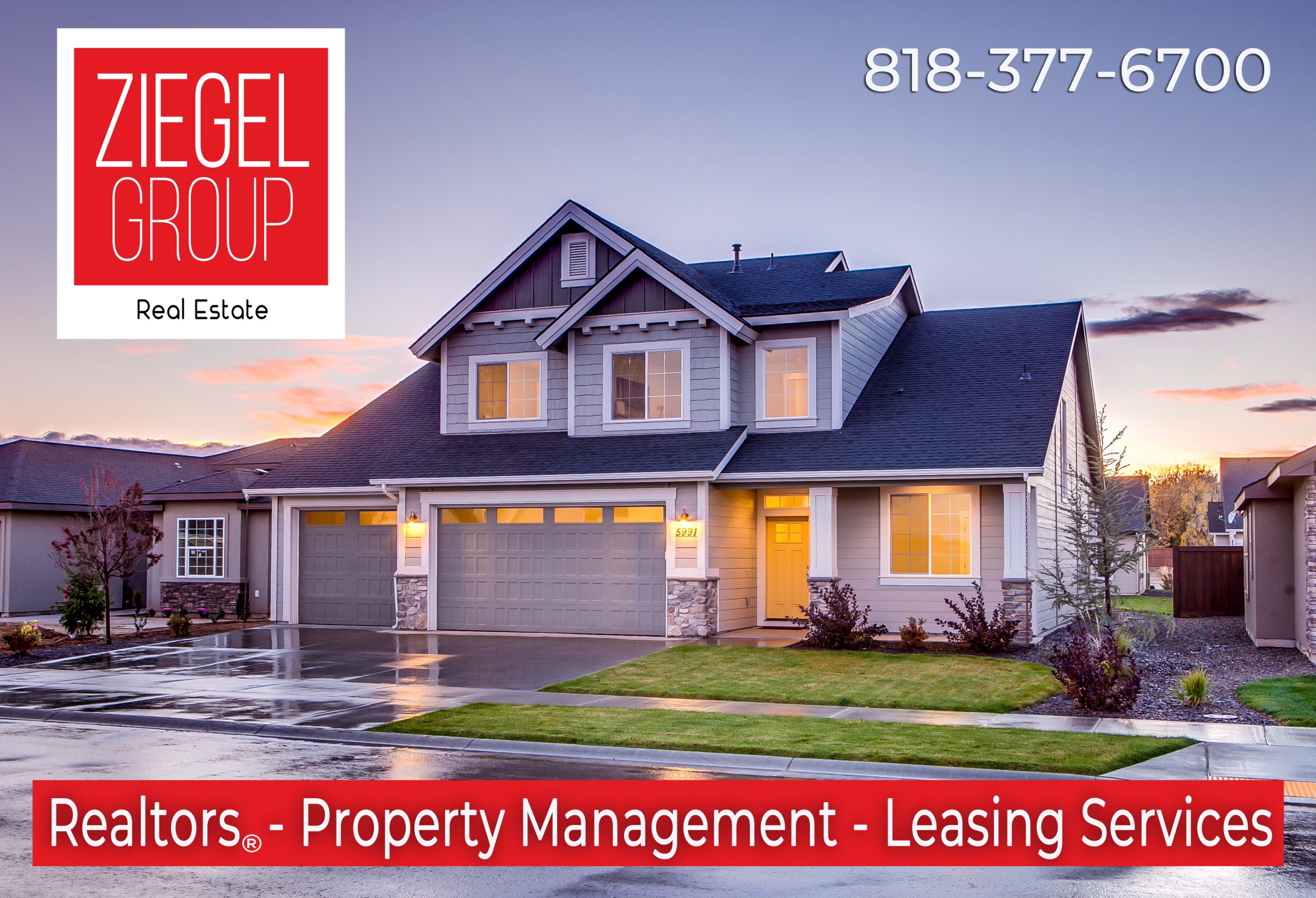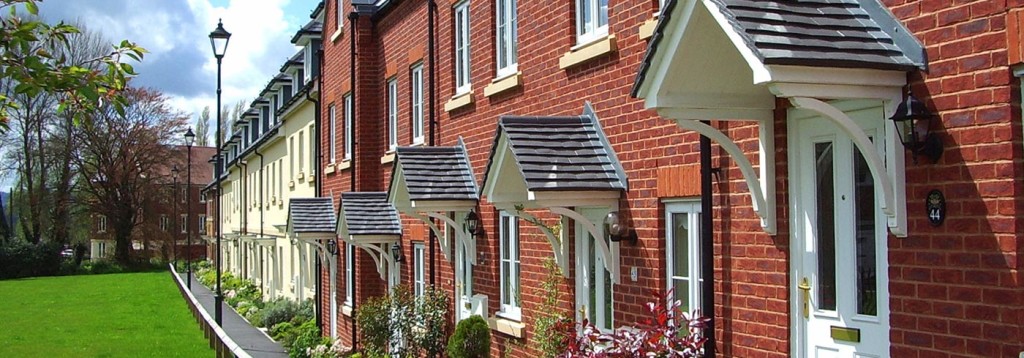Know the difference: Landlord Insurance vs. Homeowners Insurance
Insurance policies designed specifically for landlords provide added protection for financial loss and obligations associated with your rental properties. While some landlords assume they can rely on their standard homeowners insurance to cover their rental units, homeowners coverage it usually not sufficient to protect an investment property.
Homeowners insurance covers owner-occupied homes while landlord insurance covers liability and damages connected to tenant occupied homes.
Depending on the insurance company you work with and the options you choose, your policy may consist of some or all these types of insurance coverage:
Dwelling Coverage – covers structural damage to the rental property from things like fire, vandalism, or a broken water heater. The more expensive dwelling coverage policies will also cover damage caused to appliances or equipment on the property and damaged inflicted by malicious tenants.
Liability Coverage – provides coverage for expenses associated with injuries that occurred on your rental property that you are found to be legally responsible for.
Personal Property Coverage – covers damage to your personal items on the property (not your tenants’) like curtains or light fixtures. This is especially important if your rent out a furnished home.
Loss of Income Coverage – if your property becomes unlivable due to damage and you can no longer collect rent from tenants, some policies allow you to receive the lost rental income for a limited amount of time until it is rentable again. However, most standard landlord policies won’t cover the lost rent due to an eviction or missed rent payments by tenants.
Flood Coverage – beyond dwelling coverage, specific flood coverage can protect you from water damage caused by things like negligent plumbing issues, rain, or busted pipes.
Acts of Nature Coverage – dwelling coverage has further limitations to structural damage or total loss as the result of tornadoes, hurricanes, and earthquakes which is why acts of nature coverage is important to consider. Depending on your region you might need special protection to cover your property for instances like these.
Legal Fee Coverage – covers fees and costs of legal counsel if a tenant sues you or you need legal representation in court for owed rent money or ignored eviction notices.
Make sure you are appropriately protected in the event you need to file a claim for your rental property. Without landlord insurance, you may find your claim is denied under standard homeowners insurance. Landlord insurance is typically more expensive than homeowners insurance because landlords require more protection for their tenant occupied property.
When choosing your landlord insurance policy consider language about cash value versus replacement costs. If your property is older, the cash value can be significantly less the actual amount it costs to replace or rebuild damaged property.
Not every landlord will choose to include every available coverage option in their policy. It is up the you to decide how much you want to spend on your premium in order to manage costs for damage or liability associated with your rental property. An insurance provider will be able to review these coverage options and more to help you find the best policy for your needs.
Insurance for Tenants
Landlord insurance only protects the owner’s property and covered belongings. Your tenants’ personal possessions are not covered under your policy. It is good standard practice to require tenants to have their own renters insurance, which is an inexpensive way for your tenants to protect themselves and cover the cost of damaged or stolen goods.
Article courtesy: rentecdirect.com




